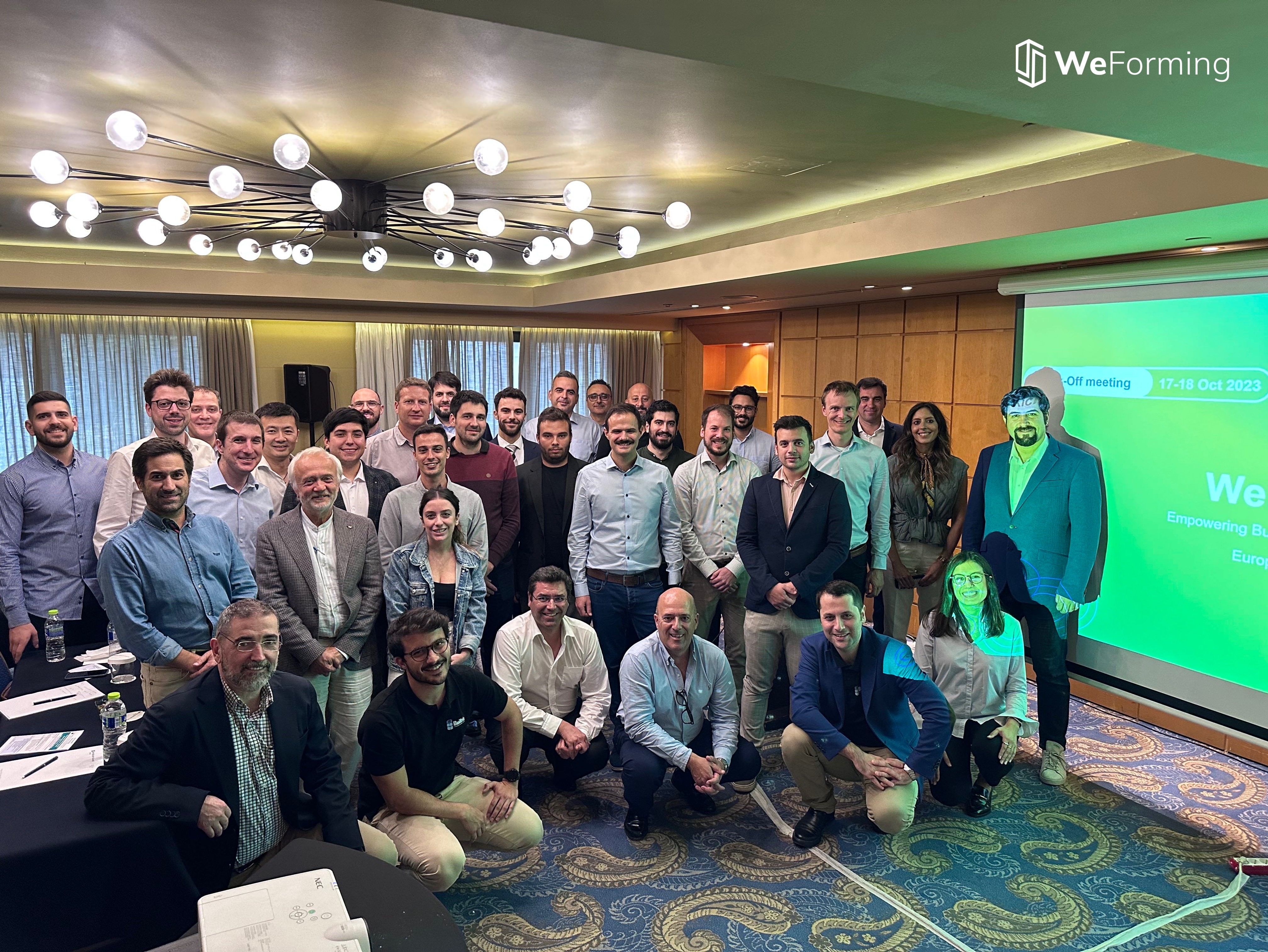New EU project puts buildings at epicentre in moving towards smarter and more sustainable energy management
WeForming, an acronym for Buildings as Efficient Interoperable Formers of Clean Energy, is the name of the new project funded by the European Union in which the University of Salamanca is participating, through the AIR Institute. Through this project, we are doing our bit for more sustainable and intelligent energy management, with buildings as strategic actors in the formation of the energy networks of the future.
Buildings account for 40% of energy consumption and 36% of greenhouse gas emissions in Europe, so they have a key role to play in achieving the EU's ambitious environmental and energy efficiency targets. WeForming aims to pave the way for buildings to contribute to Europe's decarbonisation and fulfill the Green Deal for a climate neutral Europe by 2050. Thus, it is essential to act now and accelerate the energy transition, with a strong focus on buildings.
At the core of the WeForming proposal are Intelligent Grid-Forming Buildings (iGFBs) that will actively participate in an interoperable energy ecosystem, including both energy grids and information systems. These innovative buildings will be designed to seamlessly integrate various energy sources, such as electric, thermal, solar, and solar photovoltaic. Their main objective is to optimise efficiency and self-sufficiency while prioritising the well-being of inhabitants, improving comfort, convenience, and safety. WeForming's ultimate mission is to establish iGFBs as integral elements in shaping a safe, resilient, and carbon-free energy ecosystem.

Along these lines, over the next three years, the EU-funded project will develop and demonstrate a new generation of iGFBs by involving all participants and stakeholders in the building energy value chain through co-creation activities (consumers, aggregators, grid operators, etc.) in a common digital space.
The WeForming methodology and digital solutions, consisting of 30 partners from 10 countries, with a duration of 36 months, will be applied and validated in six real demos in six countries. These use cases will focus on different systems, building types, consumer needs, economic conditions, and climates.
The AIR Institute is participating in a Spanish use case aimed at improving efficiency and cooperation between different buildings in Fornes, which use renewable energies. In particular, existing solutions will be adapted and new tools will be developed to better manage energy. The AIR Institute's role in the demo will focus on interoperability and data exchange, thus helping to ensure that systems in different buildings and actors can communicate with each other securely and efficiently. This may include the use of blockchain to secure and facilitate energy transactions; and the development of tools based on artificial intelligence and machine learning. These tools help predict energy consumption and optimise the energy performance of buildings.
In another work package, the AIR Institute will also work on the development of an ontology focused on energy efficiency and grid interaction services, which will be integrated in the smart tools and simulators of the Digital Twins; AIR Institute will also develop tools based on advanced AI/ML techniques for the management of multiple energy assets within smart buildings and their interaction with grids and markets.